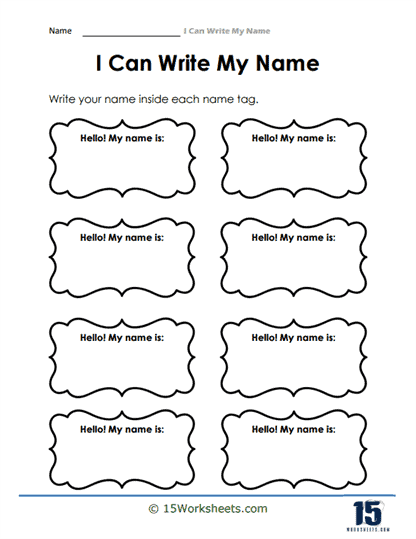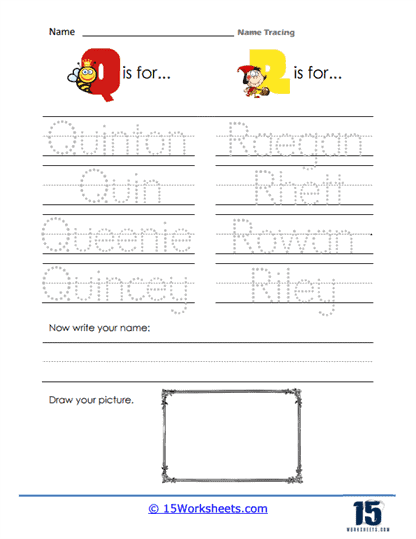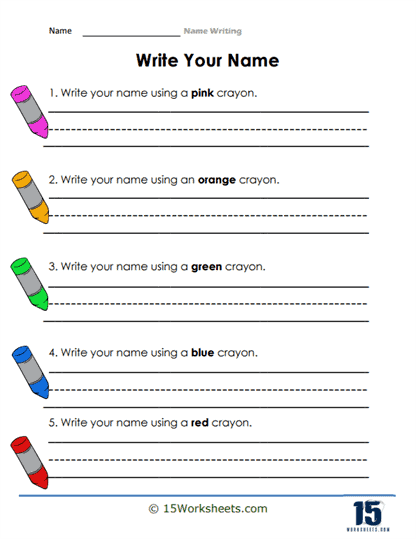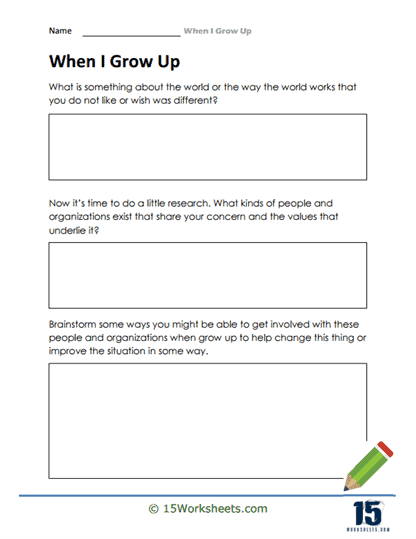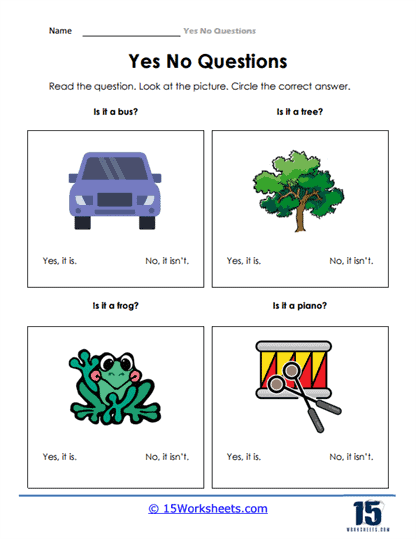Writing Worksheets
How Kindergarteners Can Learn to Write Better
Kindergarteners can best learn to write better through a combination of age-appropriate activities and support from teachers, parents, or caregivers. Here are some strategies to help kindergarteners improve their writing skills:
Develop Fine Motor Skills – Engage children in activities that help strengthen their fine motor skills, such as playing with playdough, using scissors, or stringing beads. These activities can improve their hand strength, dexterity, and coordination, which are necessary for handwriting.
Practice Letter Formation – Teach children the correct way to form each letter, starting with uppercase letters and then moving on to lowercase letters. Provide them with ample opportunities to practice writing the letters using various tools, such as pencils, crayons, markers, or even their fingers in sand or shaving cream.
Encourage Tracing and Copying – Provide worksheets or activities where children can trace letters, words, or simple sentences. This helps them become familiar with letter shapes and reinforces correct letter formation.
Introduce Sight Words – Teach children common sight words and encourage them to practice writing these words. This will help build their vocabulary and improve their writing fluency.
Use Lined Paper – Provide lined paper or templates to help children understand proper letter sizing and spacing. This guidance will help them develop neat and legible handwriting.
Model Good Handwriting – Demonstrate proper writing techniques and let children observe you writing. This allows them to see correct letter formation, spacing, and sizing in action.
Encourage Journaling or Creative Writing – Provide opportunities for children to write about their thoughts, experiences, or stories. This encourages self-expression and helps them practice their writing skills in a meaningful context.
Offer Constructive Feedback – Gently correct any mistakes in letter formation or spacing and provide praise for their efforts. Positive reinforcement and constructive feedback will help children feel more confident and motivated to improve their writing.
Be Patient and Consistent – Learning to write takes time and practice. Be patient with children as they develop their writing skills, and offer consistent support and encouragement.
Make Writing Fun – Incorporate games, art projects, and creative activities that involve writing to make the learning process enjoyable and engaging.
By using a combination of these strategies and providing a supportive environment, kindergarteners can develop strong writing skills that will serve as a foundation for their future academic success.



